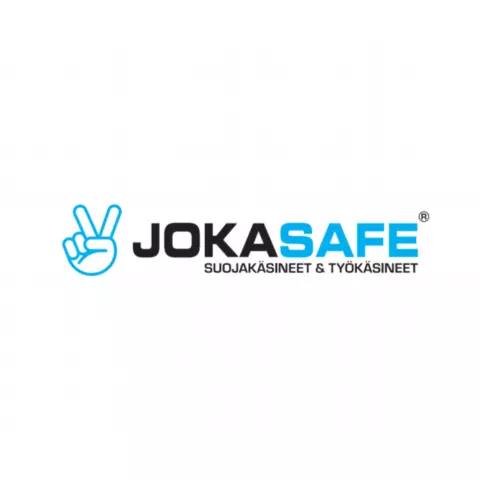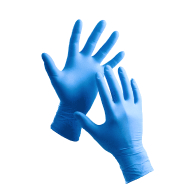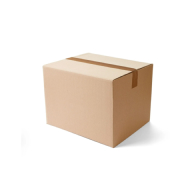Granberg Eural Chemstar PVC Glove 60cm
5.0 / 5
Length · 60cm
Product description
The product description has not been specified
- Hand Protection
- Chemical Resistance
Standards and labels
Jokasafe delivery terms
Free delivery for all Jokasafe products
Prices excl. VAT
212,52 €
Price per 10 pairs
21,25 € / pair
Estimated delivery: Mon Sep 15 - Wed Sep 17
Minimum: 1 packageChoose quantity
9
10
Add 1 to reach minimum
Free delivery
A package contains 10 pairs
View packaging details
Need larger quantities?
Other products you may like
Recently viewed
Other products you may like
Similar products you may like
Autonomous sourcing platform
The most efficient way to source and order supplies for your operations
Sourcing
Find all possible options within Europe in one place
Tap into the purchasing power of 1000s of customers
Set Price Alerts for your products and volumes
Ordering
Single process to order for your suppliers
Centralize orders to reduce admin work
Easily coordinate orders with your team




